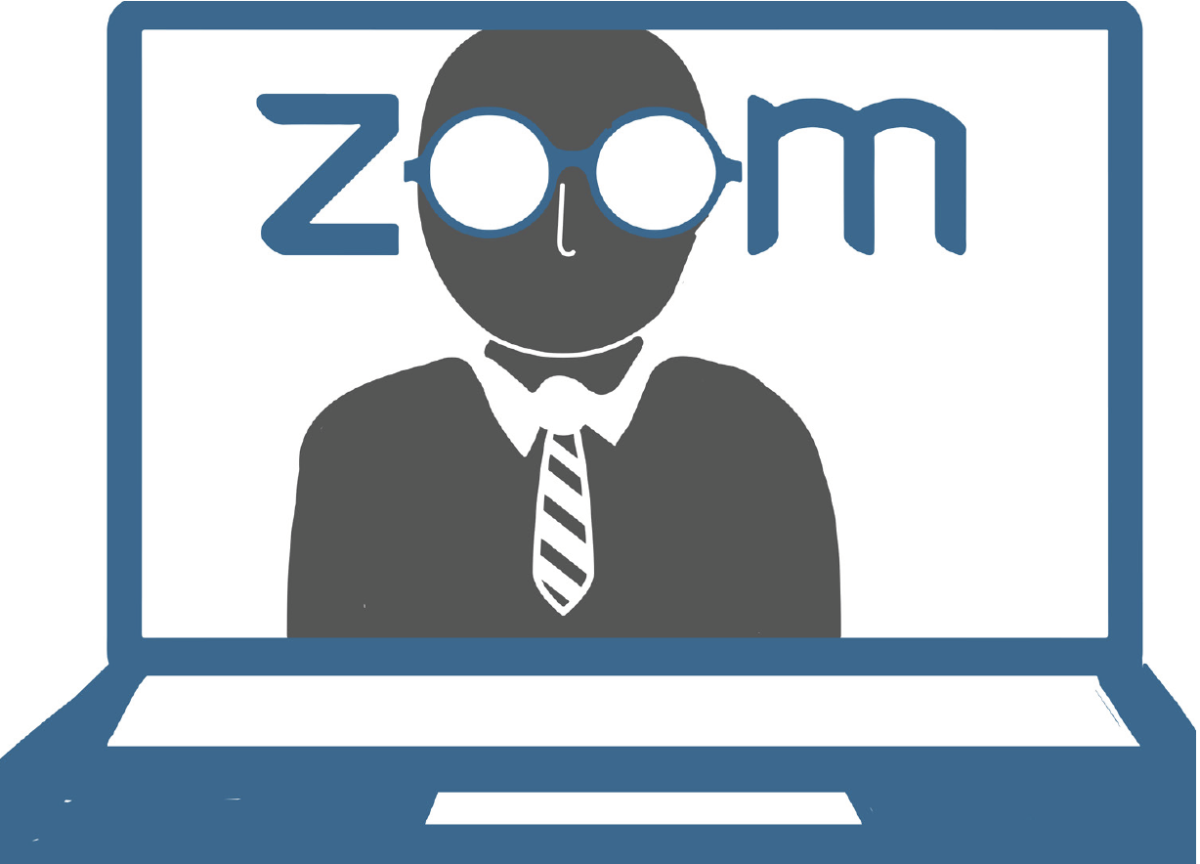At the beginning of the coronavirus pandemic, many employers struggled to hire, in part, because they were not sure how to conduct interviews that were not in person.
But employers have become increasingly better at conducting Zoom interviews, according to Scott Rappaport, associate director of career services at the Career Development Center (CDC), and that is resulting in more interviews, more offers and more hires.
“A year in, employers are doing this really successfully, and one of the ways we know that is the number of postings we are getting is way up from where it was a year ago,” Rappaport said.
In fact, Rappaport said job-posting levels through the CDC are just as high as they were pre-pandemic.
One advantage to Zoom interviews is employers can now interview more candidates in a shorter period of time, which creates more opportunities for students to land an interview, Rappaport said.
Still, interviewing on Zoom can be tricky. Here are some tips on how to ace a Zoom interview:
Be prepared (but don’t over prepare).
Elyse Notarianni, owner of Townie Creative, a company that specializes in helping small businesses with social media, recently interviewed 12 people for internships and other positions at her company. She conducted all of these interviews virtually.
“Zoom is hard because you have that ability to over prepare a little bit more, or to use a cheat sheet, and it becomes a crutch, and then people get stiff and robotic instead of answering and just having a conversation,” Notarianni said. “Ninety-nine percent of what an interview is is having a conversation.”
Rappaport said interviewees should not have too much information around them because they’ll start looking for things. If they think they need the extra help, they should put keywords on a sticky note next to their camera.
Interviewees should also be prepared to share their screen at any time, and should not have a lot of tabs open before going into an interview because they may be asked to show their previous work. Having additional tabs open can serve as a distraction and make it harder to navigate your computer screen, according to Rappaport.
Maintain good eye contact, and be conscious of your body language.
One thing that Notarianni said she doesn’t like to see candidates do during an interview is fidget.
“When they’re fidgeting around, they just look uncomfortable, like there’s something else going on in the room,” Notarianni said. “That’s definitely a put off. If I see that somebody’s looking at other things on a screen, I don’t love that either.”
Rappaport suggested sitting in a “real chair” and trying to maintain good eye contact with the camera. He also suggested interviewees have an arrow pointed at their computer screen camera to direct their eyes to look at it.
Also, don’t forget to put your camera at eye level or slightly above.
“We have all been on Zoom with people that their camera is way below them and it is shooting up their nose,” Rappaport said.
Prepare an appropriate background setting and good internet connectivity.
Interviewees should try to limit distractions by notifying their housemates that they will be interviewing ahead of time, closing their windows and turning off their phone and computer notifications.
“Ultimately, they’re not going to hire you because of your background, but they could make the decision not to hire you because of it,” Rappaport said.
Zoom settings enable interviewees to select a virtual background. But the use of a virtual background will require more bandwidth, which could slow internet connection down and create an issue.
Rappaport said interviewees should test their Wi-Fi ahead of time, preferably at the same time of the interview, but on a different day. That way, they can test the bandwidth when their roommates might also be using the internet.
Also, confirm your phone number with the interviewer in case something goes wrong.
“That shows that you’re thinking ahead, and you’re preparing for if there is an issue,” Rappaport said.
Students can also book private rooms for interviews in the Drexel Library or in the CDC.
Dress professionally, from head to toe.
Finally, Zoom interviewees should dress to impress. Rappaport suggested fighting the temptation to dress professionally only from the waist up.
“You should be dressed for a virtual interview the same way you would dress for an in-person interview, and I would say that means from head to toe,” Rappaport said.
Research suggested that the more professional that an interviewee is dressed, the better they will do.
Allison Walsh ’22 has done dozens of virtual interviews for her doctoral program at Thomas Jefferson University.
“I always dress from head to toe, because I think if I were in sweatpants, I would feel like I am faking the part,” Walsh said. “I would rather feel completely professional during the interview.”




















































